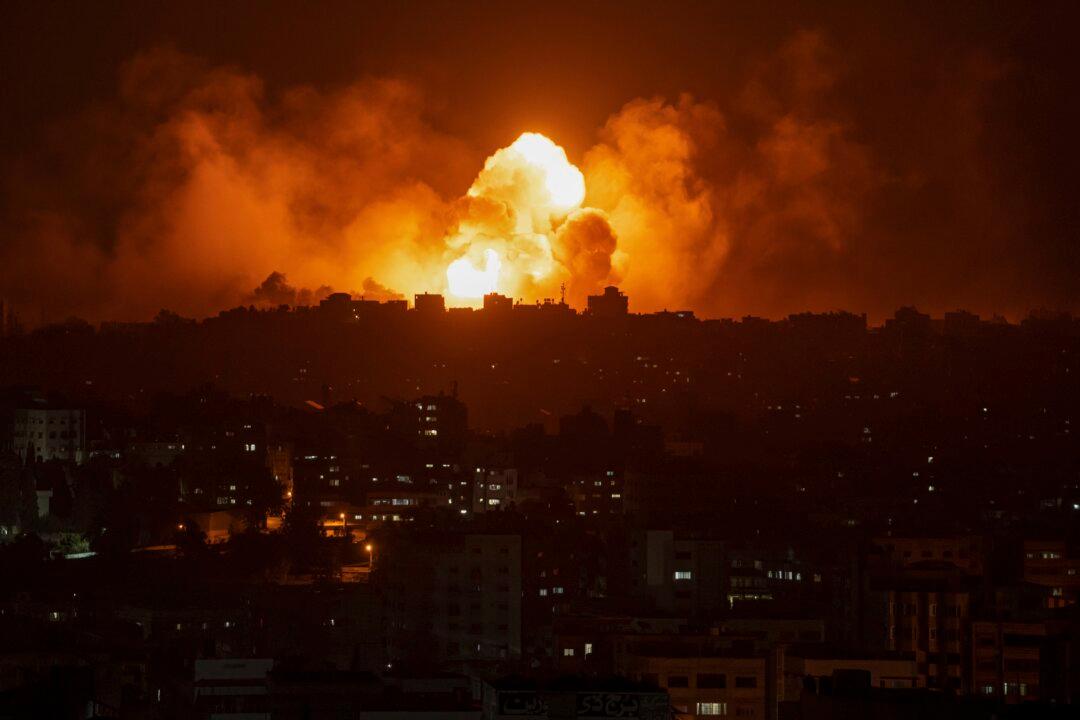The large-scale surprise attack by terrorist group Hamas on Israel has sparked condemnation from Asian governments, who expressed concern over the escalating hostility in the Middle East.
Israel declared a state of war after Hamas launched land, air, and sea attacks against it on Oct. 7. In response, Israeli forces launched retaliatory strikes on Gaza, the stronghold of Hamas. The death toll has risen to 1,100, with thousands more injured on both sides.





